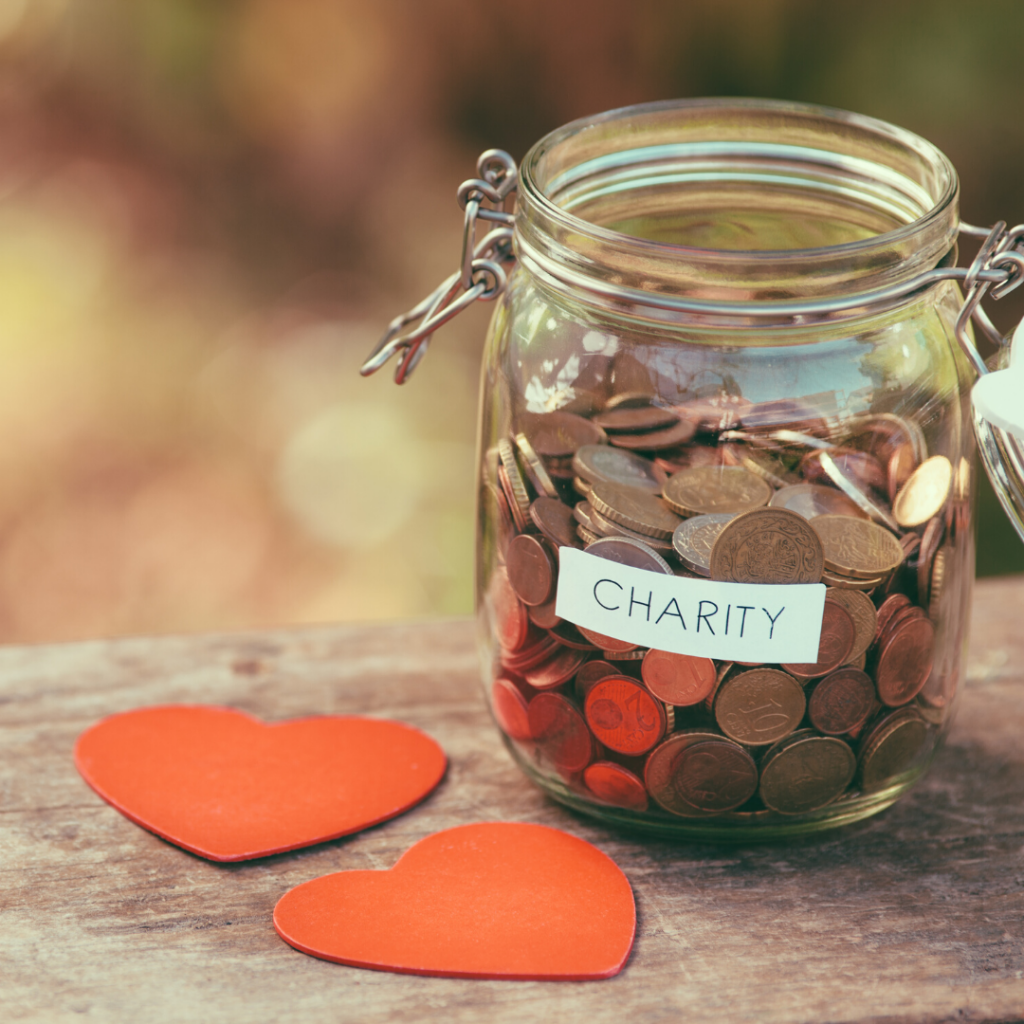Has this happened to you? You’re on your last nerve, your morning has gone wrong, and you can’t take much more. Then, unexpectedly, out of the blue, someone does something nice for you. A caring gesture from a coworker shifts you out of a bad mood as quickly as you fell into one. A simple act of kindness, in the blink of an eye, stops your cortisol from reaching record highs and lifts you out of fight or flight.
Doing a good deed is a beautiful thing, whether we offer support to a friend, make a donation to a favorite charity, or extend a small gesture to someone in need. Even though the receiver is the beneficiary of the healing act, the giver may benefit even more.
Studies show that when we perform an act of charity, our brain’s reward center “lights up” to release feel-good chemicals (serotonin, dopamine, and oxytocin), much like a runner’s high. These elevated endorphins provide a “warm glow” feeling called the “helper’s high”—nature’s built-in reward system for lending a helping hand.
Kindness is the physiological opposite of stress.
It’s common knowledge that stress harms the body and causes illness by suppressing the immune system and increasing inflammation. When life gets challenging and stress becomes constant, blood pressure, heart rate, and cortisol remain elevated.
Cortisol’s essential role is keeping inflammation down, but too much isn’t beneficial. “It’s so effective at suppressing the immune system that millions use it every day in cream form to treat conditions like eczema, itching, and rashes,” explains David R. Hamilton, PhD.
Altruism lowers cortisol levels.
Studies show that generous people have 23% less stress and age slower than the average population. Generosity may even have a more significant impact than diet and exercise on protecting our long-term physical and mental health. In Dawson Church’s “Genie in Your Genes”, a large Michigan study following 2,700 men over ten years found that those who engaged in regular volunteer activities had death rates half of those who did not.
The charitable side effects of the study included reduced stress, improved immune function, relief from physical pain, and an enhanced sense of peace and well-being.
Pay attention to what you pay attention to.
Remarkably, just by watching someone else pay it forward, the helper’s high is activated and can still positively impact how you feel.
Dr. David McClelland, a behavioral psychologist at Harvard who studied the protective effect of the hormone S-IgA (a reliable indicator of overall immune function), conducted a study to determine the impact of good deeds on the immune system.
Dr. McClelland had students watch a movie about Mother Teresa’s work helping the poor in Calcutta, India. As they watched Mother Teresa ministering to the poor, the participants’ protective antibody markers (S-IgA) increased compared to those who watched a neutral film. Called the “Mother Teresa Effect,” the elevated immunity remained after retesting one hour later.
According to Dr. McClelland’s study, what you watch matters. Whether it’s a feel-good documentary on Netflix or disturbing headline news on your phone, what you see impacts how you feel, your immunity, and your overall health.
Should doctors prescribe community service for disease prevention?
Given that altruism has a direct effect on our health, shouldn’t doctors prescribe it to their patients as preventative care? Imagine a patient’s reaction when the doctor says, “I suggest you start volunteering one day a week and see me in 6 months.”
A meta-analysis of 20 studies examined whether doctors should recommend public service as a health intervention. The answer was tentative. Although the positive benefits were evident, it remains unclear until a carefully designed trial is complete.
Many factors influence generosity. Feelings of empathy and compassion can motivate us to help others. Certain personality traits, moral values, and sense of identity can affect a person’s willingness to give.
Whatever the influence, when we help others or think about helping others, we stop dwelling on ourselves and our problems. Altruism serves as a welcome distraction that reduces our stress and improves our health and wellness.
An act of kindness, given or received, will change your perspective and turn around a morning gone wrong.
Enjoy giving yourself a daily dose of helper’s high—for the health of it!

